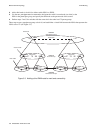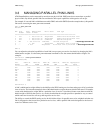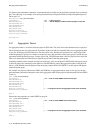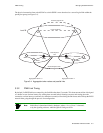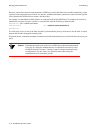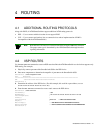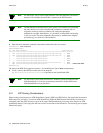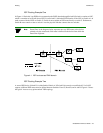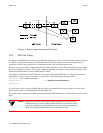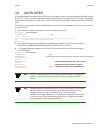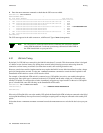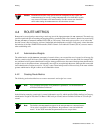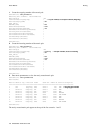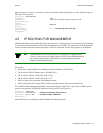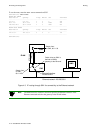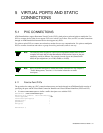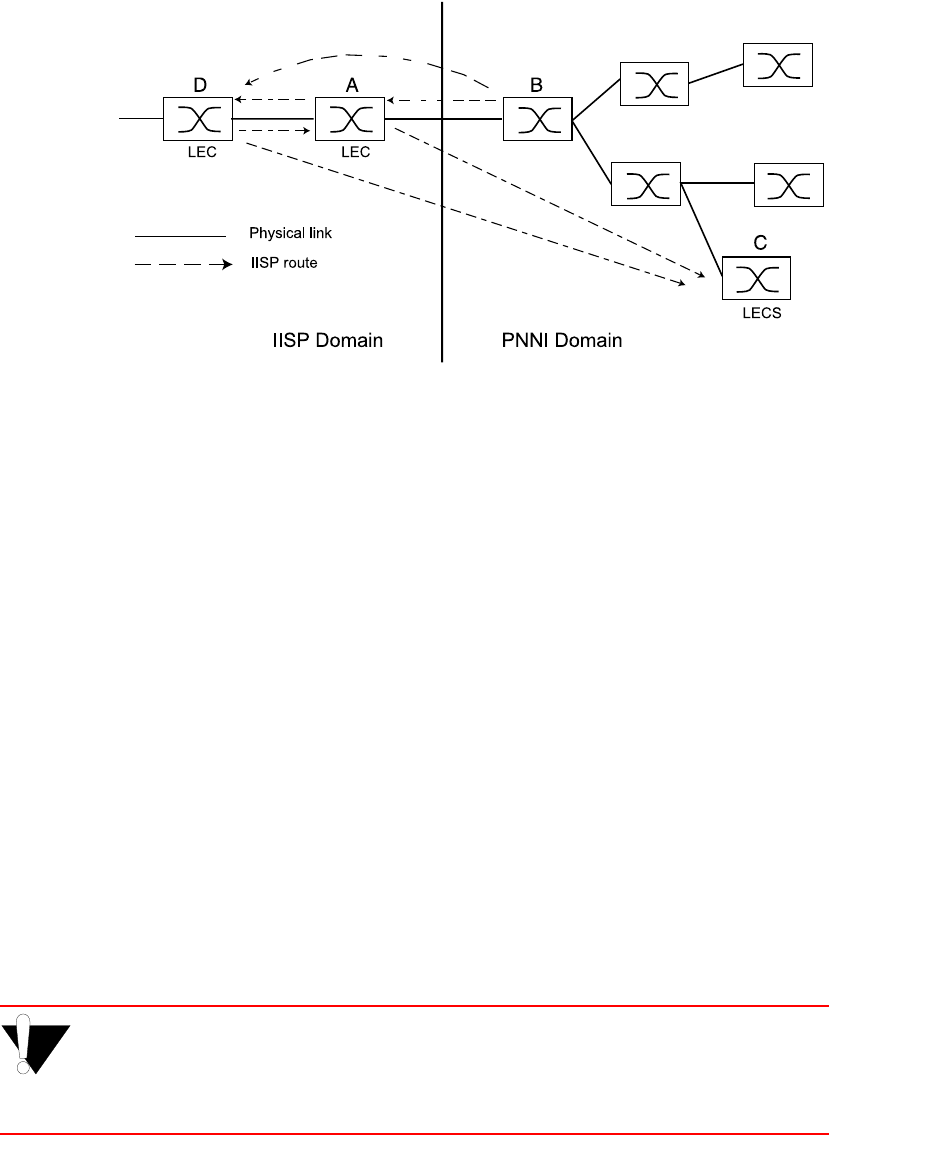
4-4 SmartSwitch ATM User Guide
IISP Routes Routing
Figure 4-2 Routes needed for a second IISP switch
4.2.2 IISP Link Timing
By default, if an IISP link loses connectivity, the link fails after three (3) seconds. This short amount of time is designed
as a buffer in case of minor latency. By waiting three seconds before releasing resources and tearing down the
connection, a minor latency occurrence (less than three seconds) will not bring down the route.
However, certain time-sensitive implementations may require that link fail occurs either immediately or after a longer
period of time than three seconds. Use the
set linkmonitortimeout command to control the time required for the
SmartSwitch ATM switch to assume an IISP route has failed.
For example, two SmartSwitch ATM switches are connected with parallel IISP links. To configure the switches to
immediately recognize any lapse in traffic as a downed link, enter the following on both switches:
SmartSwitch # set linkmonitortimeout
TimeoutValue(3) : 0 — Make the timeout instantaneous
SmartSwitch #
If a traffic lapse occurs on one of the IISP links, that link’s port immediately frees up all resources, and all traffic
between the switches is routed through the remaining IISP link.
Notice that the
set linkmonitortimeout command controls the TimeoutValue on a switch-wide basis (not a per-port
basis).
Caution
Remember that while some special network configurations may require the
TimeoutValue to be zero (0), setting TimeoutValue to less than three seconds
may cause an IISP route to fail unnecessarily. For this reason, care should be
taken when setting the TimeoutValue to less than three seconds.



